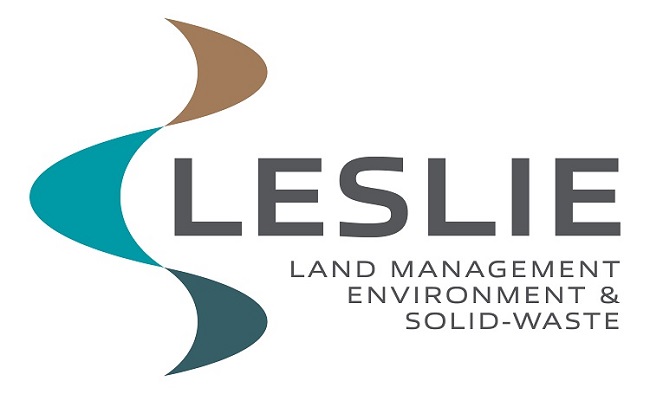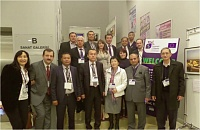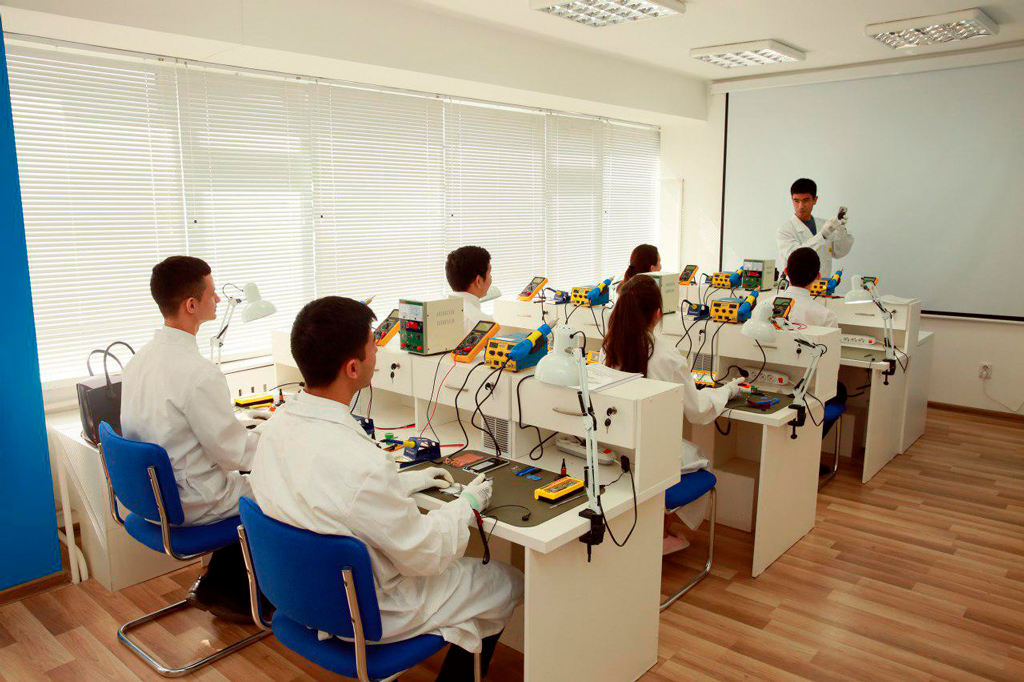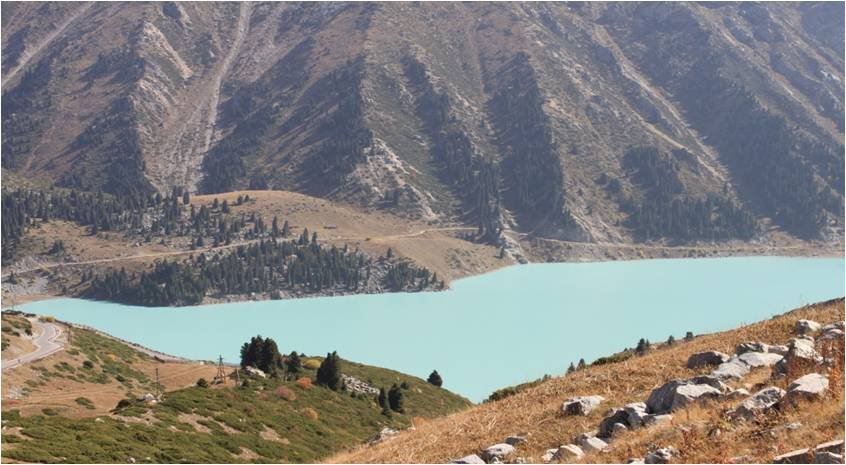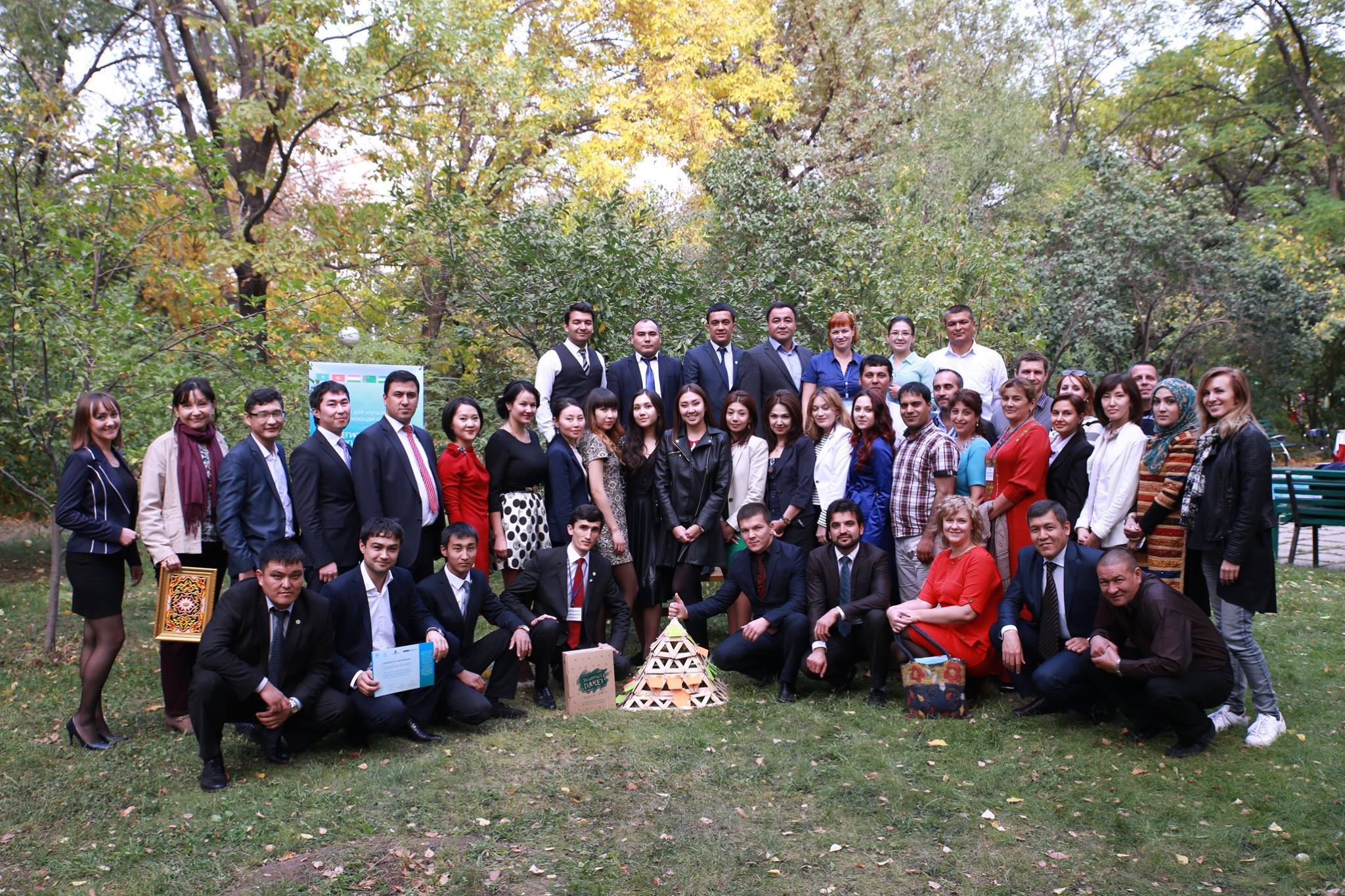Program News
Background
Since 2003, CAREC has been implementing the Education for Sustainable Development (ESD) program, which promotes the Sustainable Development Goals (SDGs) in formal education and non-formal learning in Central Asia. The ESD program is one of the most important tools for the development of the CAREC Knowledge Center, taking into account the role of educators and youth in promoting innovations, best practices and modern methods, the readiness of youth to change, and the role of young leaders in strengthening regional cooperation and partnership in all sectors and at all levels.
sectors and at all levels.
The goal of the program is to promote SDG 4 "Quality Education" in education systems, integrating green knowledge, skills, competencies and principles into the education and learning processes of youth, educators and leaders.
The ESD program carries out its activities in the following directions:
- Promoting Leadership as a tool for regional cooperation, innovation and change in Central Asia and Afghanistan"
- Strengthening the role of youth in regional cooperation through support to CALP alumni networks and youth participation in CAIEF and CACCC
- Participation in international ESD processes, promoting Central Asia in international cooperation networks on ESD, including UNECE process, UNESCO and other regions.
- Capacity building on key themes of sustainable development: water, climate change, energy efficiency, biodiversity, gender, health for different target groups, including educators, young leaders, NGOs, government officials and business.



